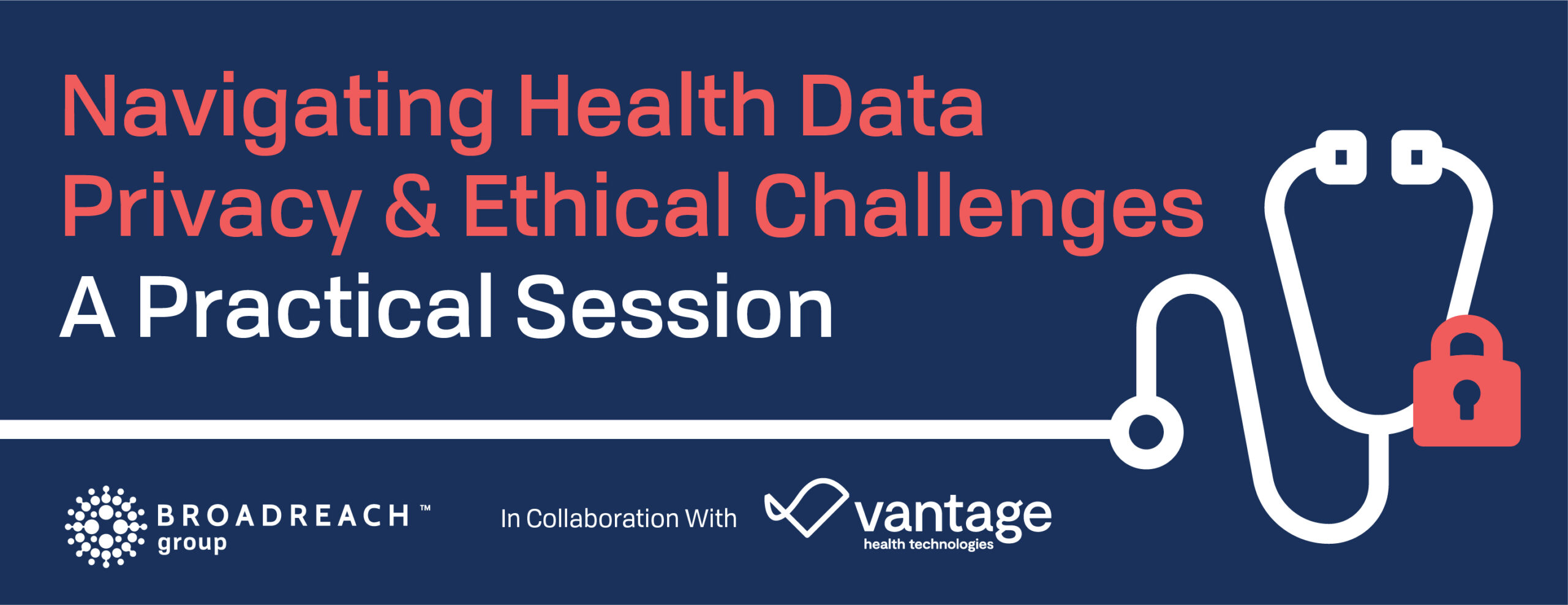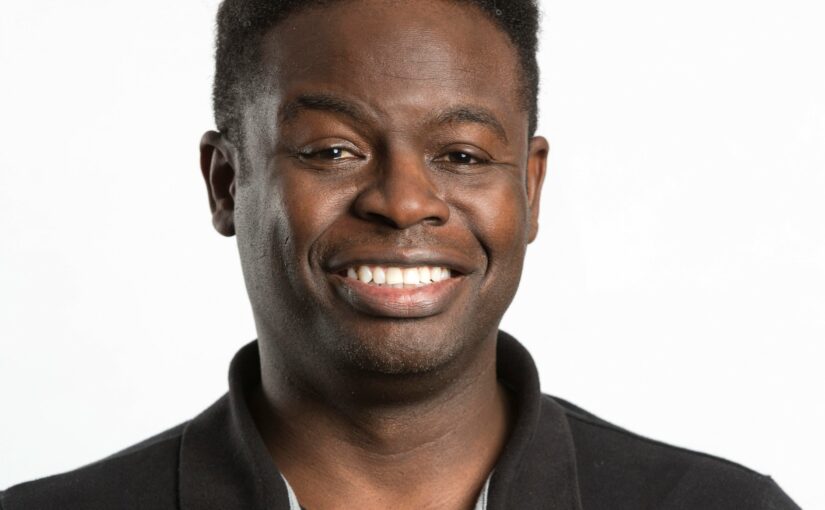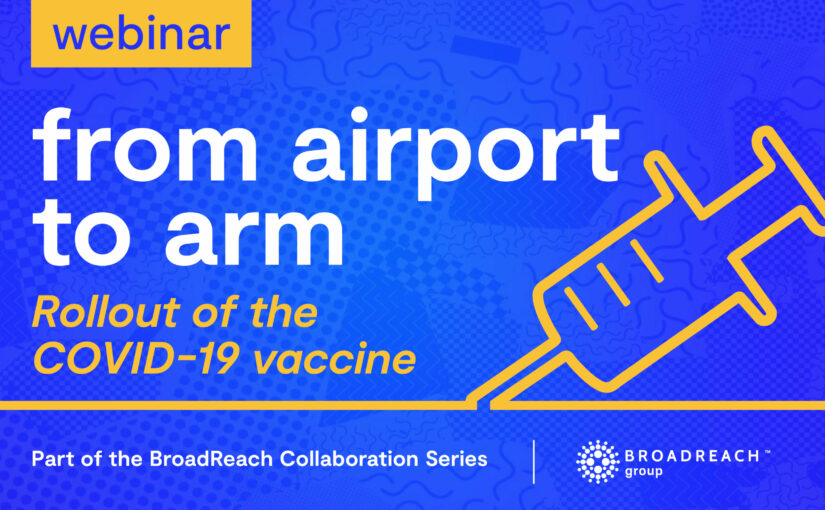Dr Ernest Darkoh appointed to Schwab Foundation Board
The Schwab Foundation for Social Entrepreneurship has announced the appointment of Dr Ernest Darkoh, founding partner of the BroadReach Group, to its Board. As a world renowned thought leader, Dr Darkoh has more than 25 years of experience developing and implementing innovative health interventions at scale.
As the sister organization of the World Economic Forum, the Schwab Foundation is a leading global platform that spotlights outstanding models of social innovation. Focused on supporting and promoting social entrepreneurship in emerging economies, the foundation is passionate about the role technology can play to create a more equal society.
“The Schwab Foundation is delighted to welcome Dr Ernest Darkoh to serve on its Board. Ernest’s experience as a leader in public health, empowering front line workers and health leaders with 4IR technology, and working closely with governments and the private sector as a systems leader is highly relevant for where the world finds itself today. As a highly respected member of the Schwab Foundation community for many years, he brings further representation to our Board to ensure the perspectives of social innovators help to shape the future of the Foundation,” says Francois Bonnici, Head of the Schwab Foundation for Social Entrepreneurship.
“I am deeply honored and thrilled to join the board of the Schwab Foundation. Social entrepreneurs have solutions to many of the grand challenges the world is facing today and I am committed to amplifying and scaling up these models. The wellbeing of billions of people depends on us getting this right and failure is not an option,” says Darkoh.
Most recently his work has focused on using 4th Industrial Revolution technologies to radically improve health outcomes at scale by ensuring that the next dollar and the next hour are always being spent in the most impactful and effective way possible. To this end, the BroadReach Group, started Vantage Technologies which has since developed the Vantage cloud platform using big data analytics, artificial intelligence and machine learning to give leaders powerful timely insights on how to best focus their scarce resources for maximal impact. It also provides crucial step by step workflows to their thousands of frontline workers so that they can implement best practices consistently and at scale.
For example, during the COVID-19 pandemic in South Africa, Darkoh and his team have worked in South Africa with the Department of Health in both Mpumalanga and Kwa-Zulu Natal in an unprecedented way to identify new infections and evolving hotspots while concurrently assessing the capacity and readiness of the nearest health facilities – all in real time.
This is not the first time BroadReach has been recognized by the Foundation. In 2015, Darkoh and his BroadReach co-founder Dr John Sargent were awarded the prestigious title of Social Entrepreneurs of the Year at the World Economic Forum (WEF) in Davos for their pioneering work on the Vantage cloud platform using technologies of the 4th Industrial Revolution to deliver better healthcare for populations in need. Since then, Darkoh has been an active participant and contributor to the WEF and Schwab Foundation network, speaking at many events and forums.
An alumni of University of Wisconsin-Madison, Dr Darkoh received his Medical and Public Health degrees from Harvard University and his MBA from Oxford’s Said Business School as a Fullbright Scholar. Previously, he was named one of Time Magazine’s 18 Global Health Heroes, New Africa Magazine’s 100 most influential African and he served on President Barack Obama’s Presidential Advisory Council on HIV/AIDS.



 Filter resources
Filter resources

